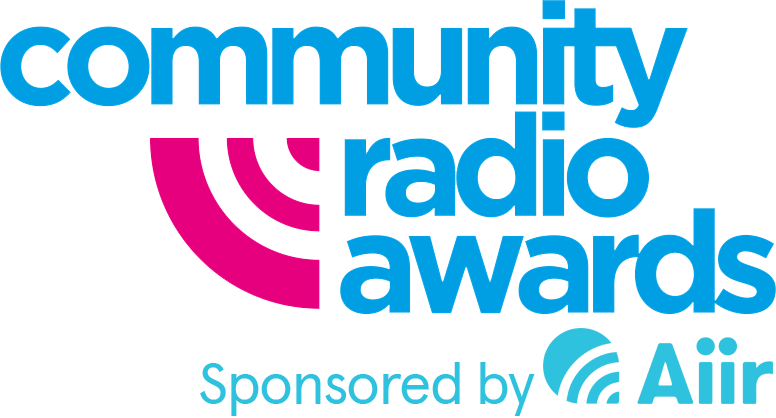Judging Process
At the Community Radio Awards, we want to be as open and transparent as we can about the judging process especially as we are proud of our judging process. We invite individuals to judge from across the industry (Commercial, Community, and BBC) as well as academics involved in radio, media & journalism.
We have around 80 – 90 judges, and this number grows each year, we try to make sure we have as many and as wide varieties of judges involved with the categories. Each judge is asked their background and experience of radio and community radio, and what categories they would like to judge (we also ask them if they have any connections with any CR stations or anyone submitting).
We also brief the judges in what we’re looking for, they score each entry out of 10 across the five published criteria and are asked to take each entry as they hear the audio and read the written part. We also invite the judges to leave feedback that is constructive and meant to help support the development of the radio presenters, volunteers, and stations they are judging.
All the categories are split into groups, depending on how many entries there have been for that category, some might fit into 1 group, and larger categories have a few groups, this is to make sure judges are not given too much judging on the first round.
Each entry in each group should be judged by at least 3 judges in round 1 (we are aiming for more judges in round 1 as we grow our judging pool). The process is entirely mathematical, with the highest averaged entries becoming a short list, the top of these shortlists are then moved into the next round, where additional judging takes place, until all entries have received enough judging to get us our final 5 for each category.
Again the larger the number of entries into the categories, the more rounds and judging happens. (Categories like Station of the Year receive additional judging as well)
Will Jackson, Managing Director of AudioUk said about the judging process;
I was delighted to be asked to judge the Community Radio Awards – I’ve previously judged awards as diverse as the New York Festival Radio Awards and the Student Radio Awards. It’s a great opportunity to hear some inspiring radio from across the country and there was a real mix of programmes in the category I judged. It doesn’t have to be a polished entry – I’m looking for something that shows a real passion for the subject and that conveys a sense of the community being served. I’m also conscious of the limited resources that most community stations have, and am keen to hear where someone’s gone the extra mile or overcome a challenge with their entry – what makes it deserving of an award? Each entry is marked against the criteria and there are several judges across each category, so no single judge can determine the outcome. I take full responsibility for my own marking – there’s no discussion or external influence! And while I have no association with a community station, we judges know that we would need to declare it.
Daniel Bruce, Europen Chief Executive of Internews said about the judging process;
I find the Community Radio Awards judging process one of the most objective and rigorous in the sector. Awards are judged against a well-defined set of criteria with a common maximum score. Judges must rely on their own expertise and assessments as they work independently of other. This makes for a very ‘clean’ and fair approach.
